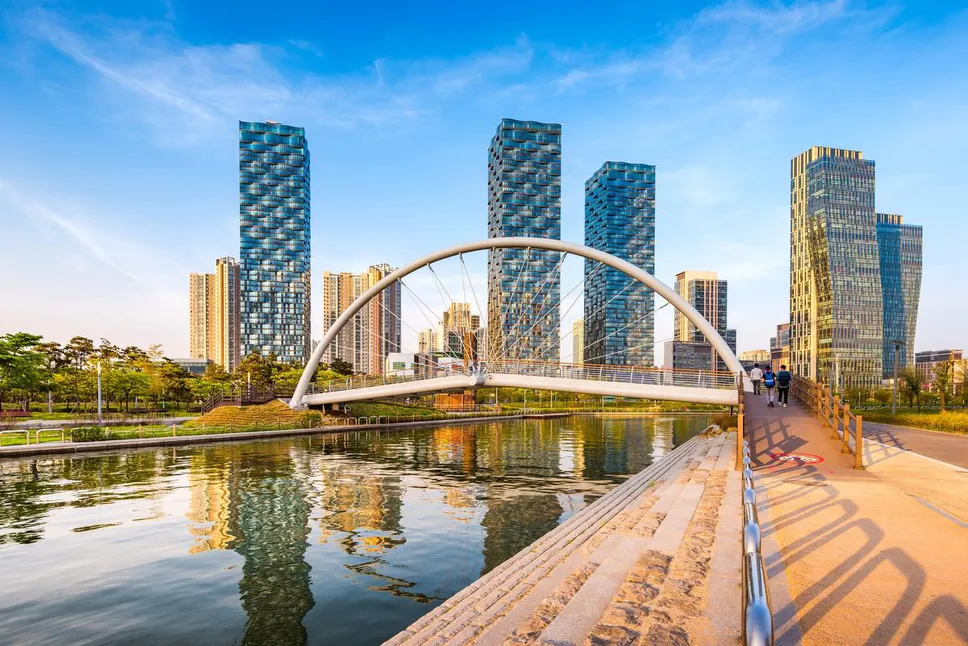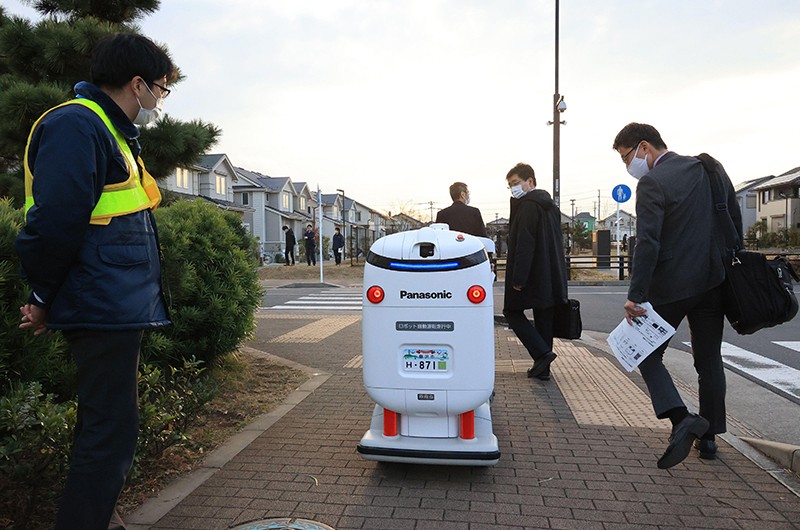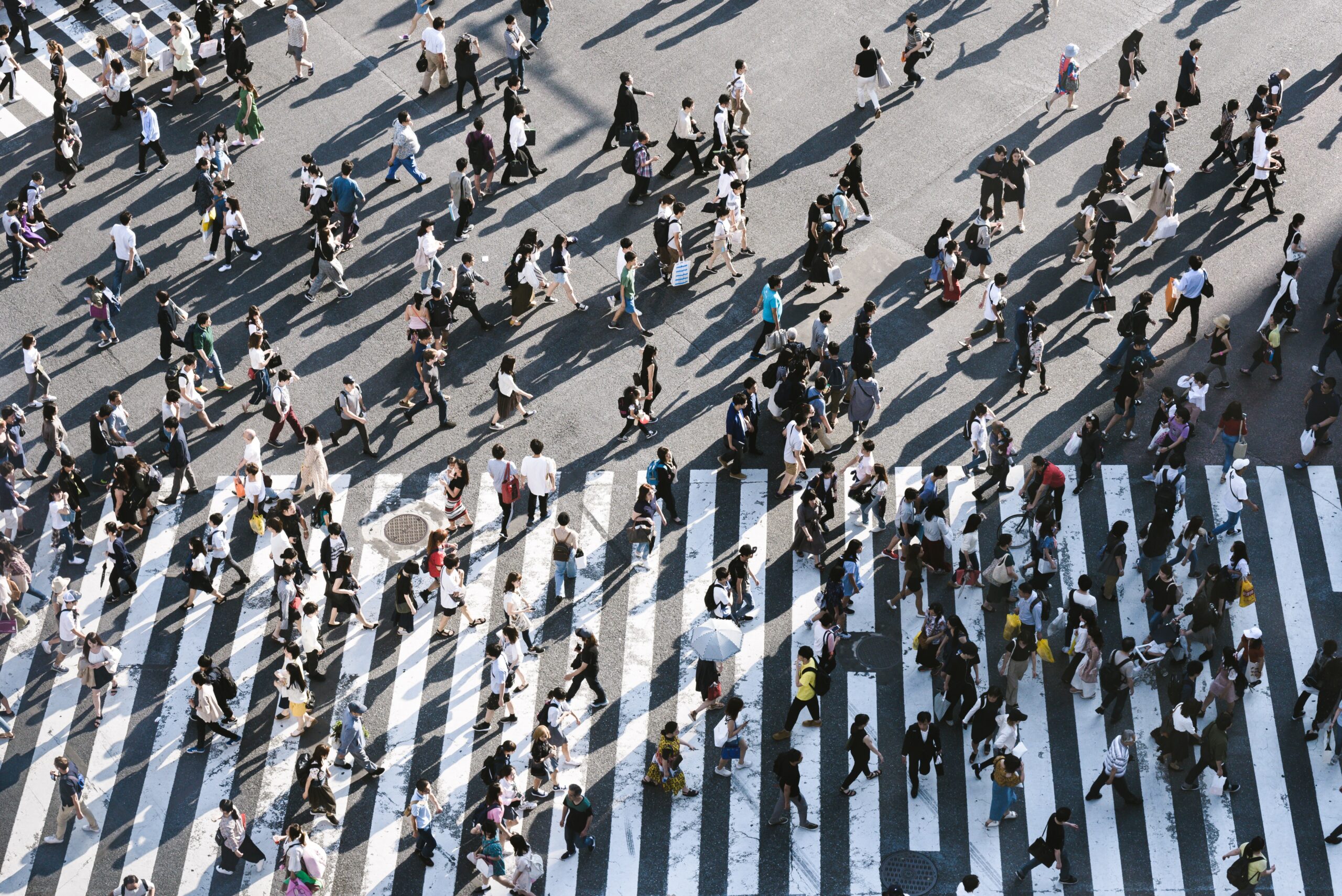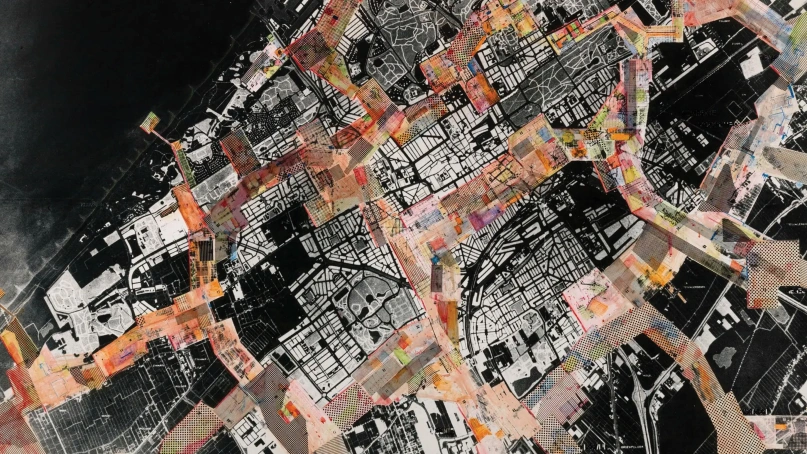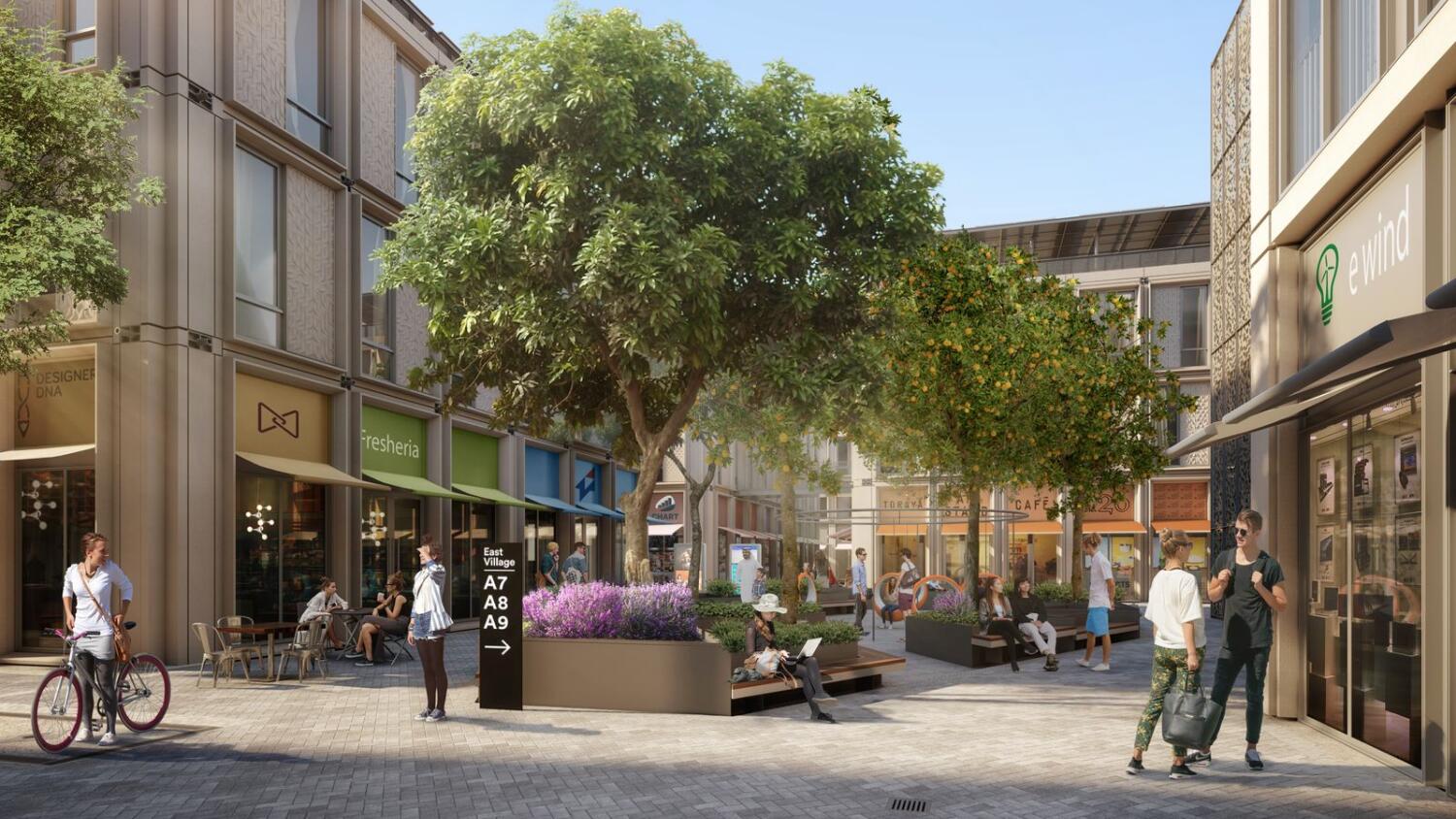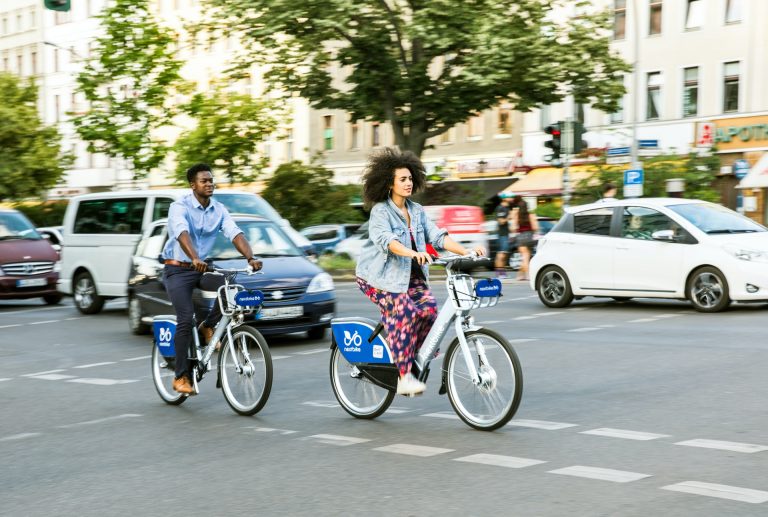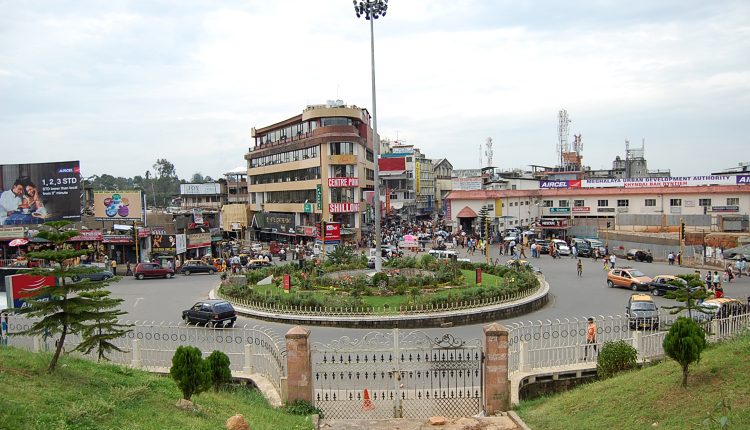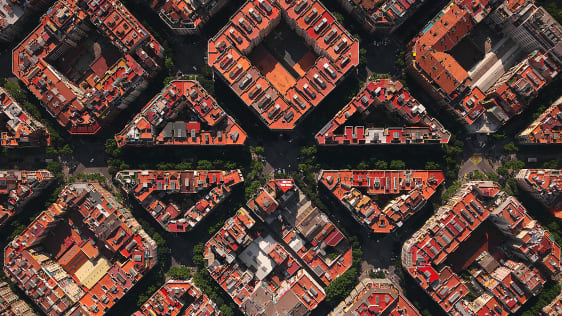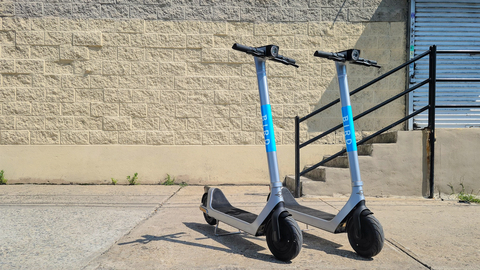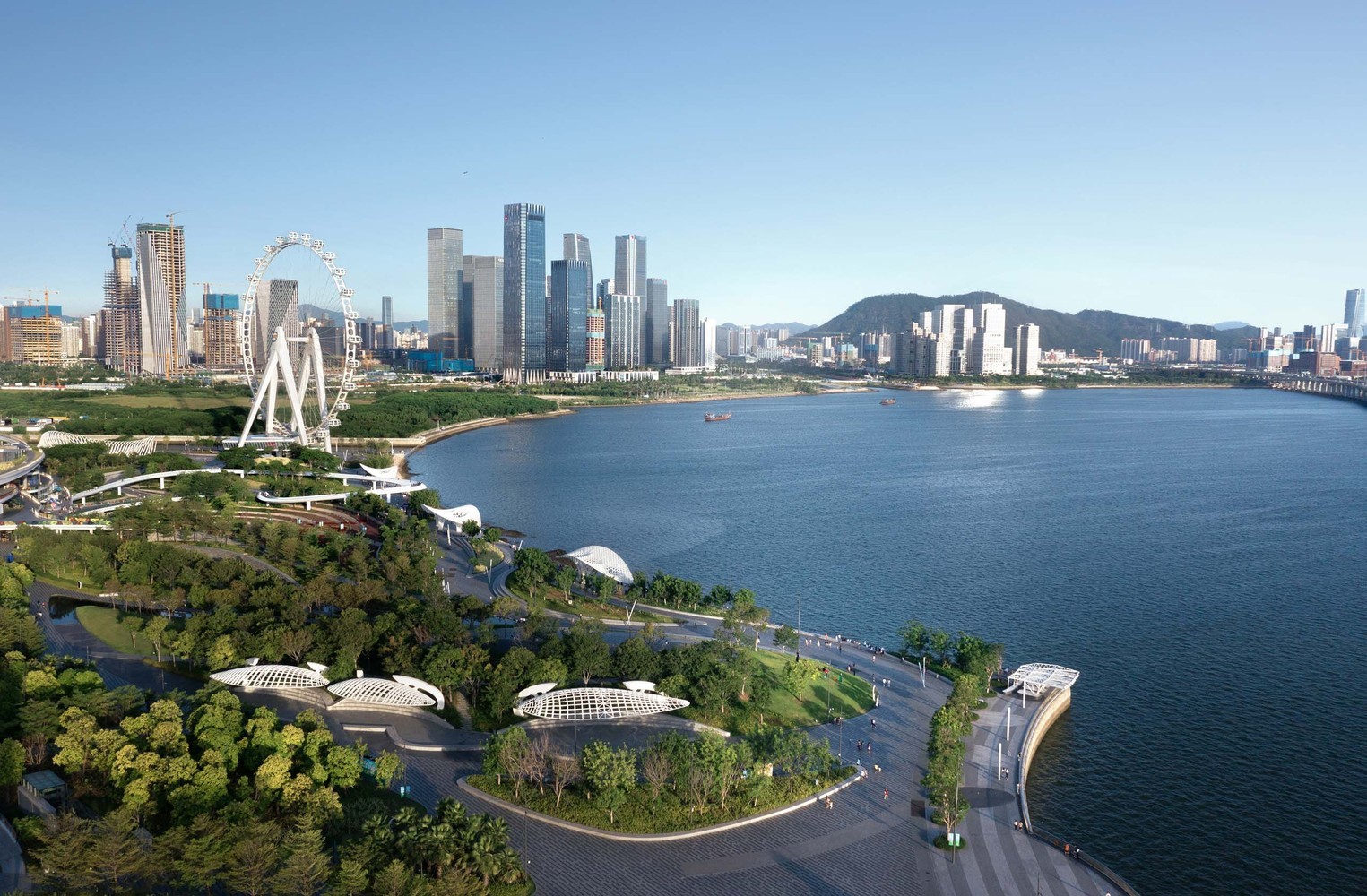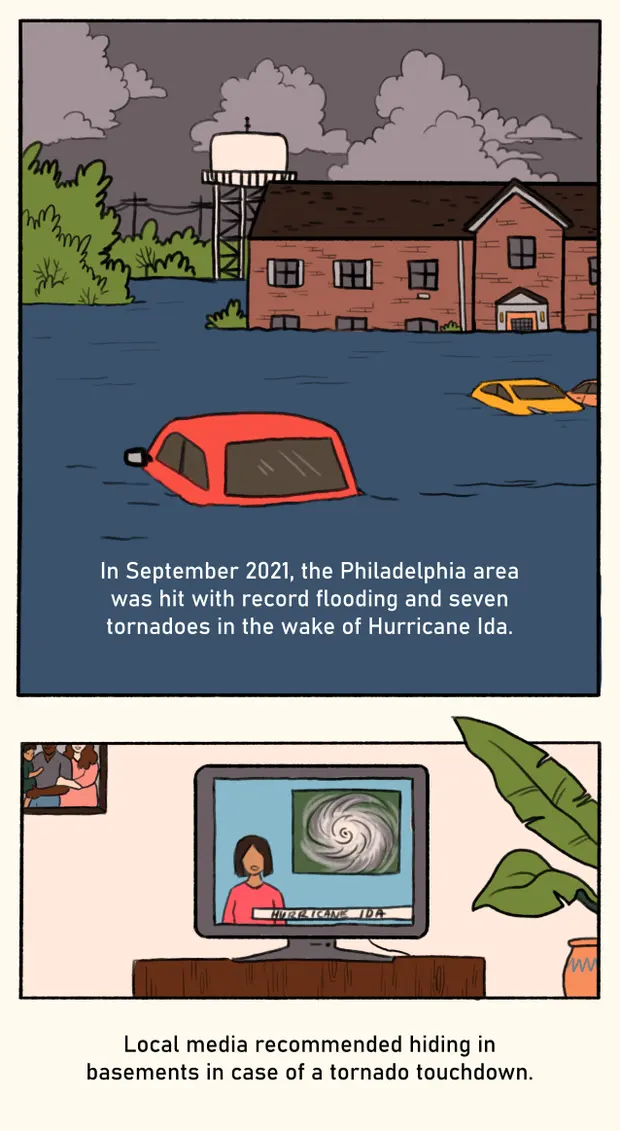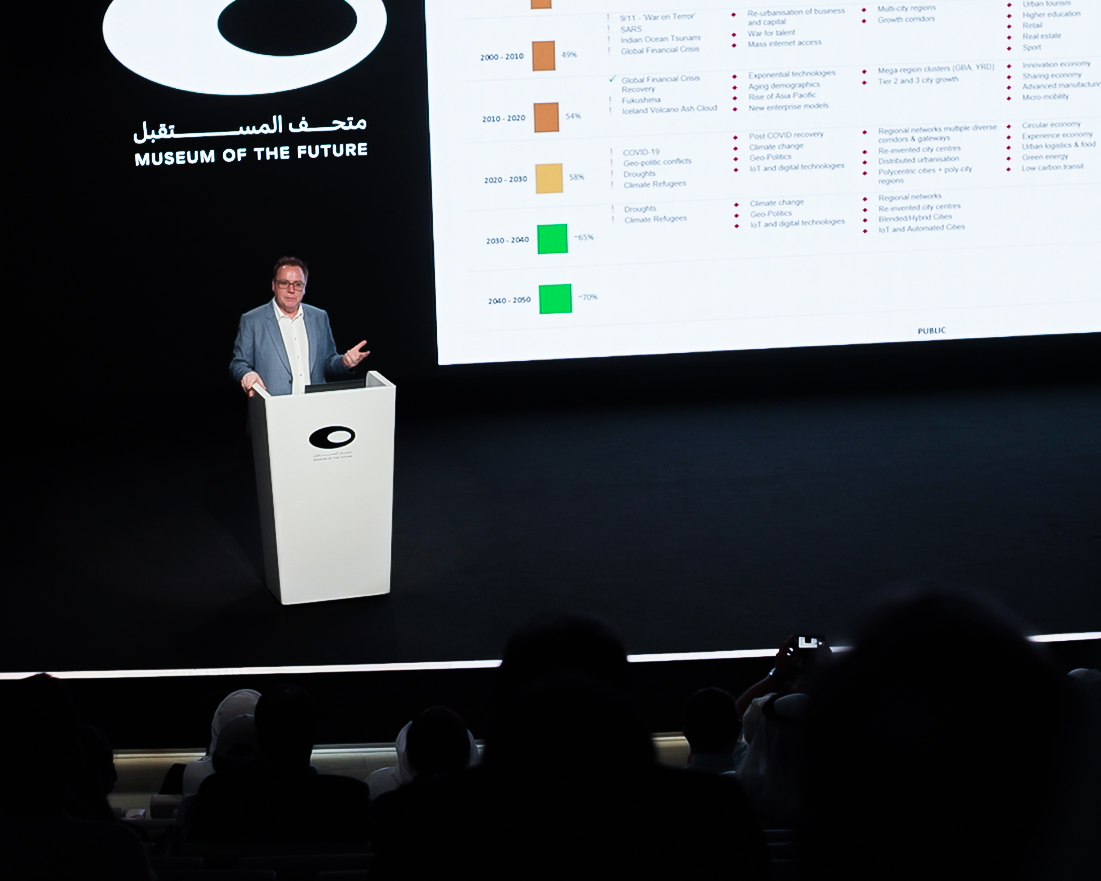
Urban farming is the practice of cultivating, processing and distributing food in or around urban areas.
Although Malaysia is rich in natural resources, we are highly dependent on high-value imported foods. Presently, our self-sufficiency level for fruits, vegetables and meat products stands at 78.4%, 44.6% and 22.9%, respectively.
With a lower occupancy rate in both retail and office spaces, property developers probably could redevelop the buildings for another usage – urban or vertical farming as done in Singapore with tremendous success.
According to the National Property Information Centre, the occupancy rate for shopping malls in Malaysia has dropped consecutively for five years. It declined from 79.2% in 2019 to 77.5% in 2020, the lowest level since 2003.
Penang recorded the lowest occupancy rate at 72.8%, followed by Johor Baru and Kuching (75.3%), Selangor (80%), Kuala Lumpur (82%) and Kota Kinabalu (82.1%).
In addition, the Valuation and Property Services Department revealed a lower occupancy rate at Malaysia’s privately-owned office buildings compared to the pre-pandemic era.
+INFO: The Sun Daily




